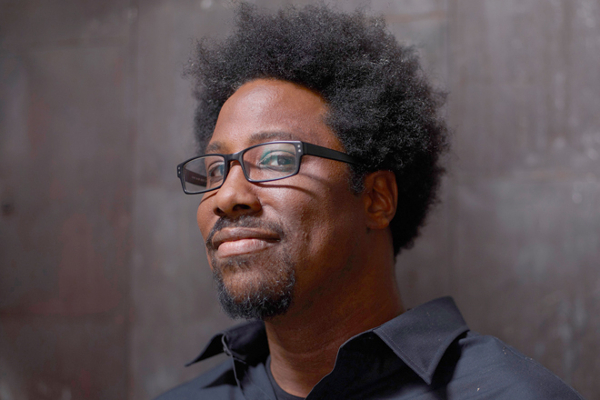
I’m a big fan of comedian W. Kamau Bell. He and his wife and child had a harrowing-but-all-too-common experience at a cafe in Berkeley this week. He writes about it on his blog. Here’s the opening:
Leave a CommentDear Elmwood Cafe
2900 College Avenue, Berkeley, CA 94705You don’t know me. I know that for sure now. It’s not that I would expect you to know me, although many people in the Bay Area do, because of the work I’ve done as a stand-up comedian locally and on television. I’m known for something that The New Yorker called “intersectional progressivism.” That basically means I use jokes to fight for the people who don’t get a fair shake in the world. For the last several years, I have tried to learn as much as I can about oppression in all forms so that I can help make the world slightly more bearable with a few jokes. But that’s just my career.
In my life, I am a person who loves The Bay Area. LOVE IT! I lived in San Francisco for 13 years and in Oakland for two. And even though I lived in SF mostly, I spent A LOT of time in The East Bay. I have done my own headlining shows at The New Parish, La Pena, The East Bay JCC, and Marga Gomez’s comedy nights at The Marsh. I love these audiences. The Bay Area is a place where all sorts of different people live together, explore new ideas and strive to uphold the idea made famous by children singer Raffi, “The more we get together the happier we’ll be!”
To be honest though, my most fervent love is for Oakland. Which is why I was so excited recently when the people at Oaklandish gave me a hoodie. They just GAVE IT TO ME! I was walking past their pop-up shop at The Oakland Airport and one of their employees saw me, recognized me (I told you that people around here know me), and she awesomely and very generously gave me a hoodie. I love it. I wear it a lot. I was wearing it this past Monday, January 26, when I went to the Elmwood Cafe.
